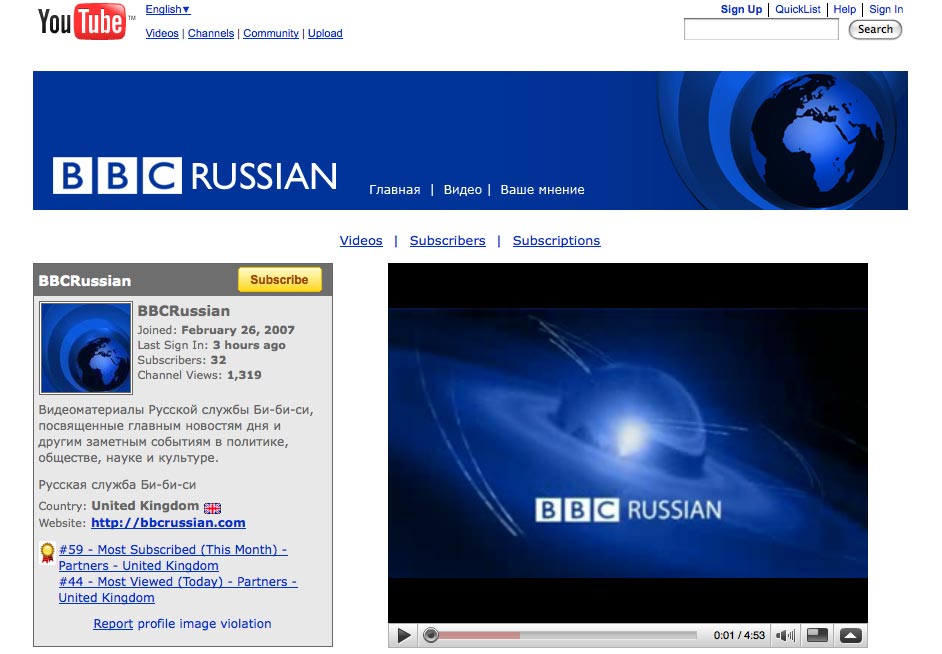As reported in May, Adrian Monck is to leave his position as head of journalism at City University, London after four years, to lead the communications team for the World Economic Forum, which holds the annual meeting for global leaders in Davos, Switzerland. Today, he bids farewell to City in this blog post, originally published here.
Although I’ll be haunting College Building for the next week or so, today is my leaving drinks (or ‘glad you’re gone’ party as we used to call them).
I’ll be keeping up a link with the place as a prof, and I’ll be trying to bash out a PhD. And I’ll also be giving a modest sum for the highest scoring MA project, which will be a prize in memory of Richard Wild. The first £250 will be handed out this autumn, so any City students reading: heads down for the finishing line!
Since I came to City in 2005, we’ve launched an MA in Journalism with new pathways in science and investigation, a Masters in Political Campaigning and Reporting, an MA in Creative Writing Non-Fiction, and a BA in Journalism. We’ve gained some fantastic new staff to go alongside the existing terrific team, including the Guardian’s David Leigh, Channel 4’s David Lloyd, ITN‘s Penny Marshall and visiting fellows like Heather Brooke and tech guru Robin Hamman. We have a distinguished scholar as head of research, Professor Howard Tumber, and we’ve just appointed Britain’s first professor of financial reporting, a chair in honour of Marjorie Deane (expect more on financial journalism soon).
We brought the Centre for Investigative Journalism to City, and its successful summer schools and hopefully there’ll be new initiatives to announce in that area soon.
We’ve established a digital core to our curriculum – there should be a partnership with Nokia coming up in the autumn.
And this year we finally moved into multi-million pound facilities (on Flickr) worthy of the talents of the people who teach and study here. And we have a Graduate School of Journalism to go alongside the best anywhere has to offer.
Best of all, I’ve witnessed the annual progression of an extraordinary group of people who’ve joined us from Afghanistan to Zimbabwe, and from Lancashire to Lagos – our students. Their qualities are what make so many people want to give up time to teach here. Their enthusiasms and passions are among the rewards.
It’s not all been plain sailing, as anyone who’s brushed up against me will doubtless agree. But I hope it’s been worth it. City is now, more than ever, a global school for journalism, bringing in people from around the world to share experiences and gain new insights. Its future is already being mapped out in areas like political and humanitarian campaigning, and in deepening specialist knowledge amongst those competing to enter what is still an extraordinarily privileged world.
And the privilege of journalism? It’s the privilege of speech. Maybe it’s narcissistic, maybe it’s worth dying for.
But despite our disagreements (and let’s be honest, academics have to be able to start arguments with themselves) it’s what unites me with colleagues in education, in the news business, and with new friends and acquaintances in the ever-widening world beyond.
So, with whatever voice you choose, keep speaking up.
 The BBC has made good on its October promise to launch
The BBC has made good on its October promise to launch